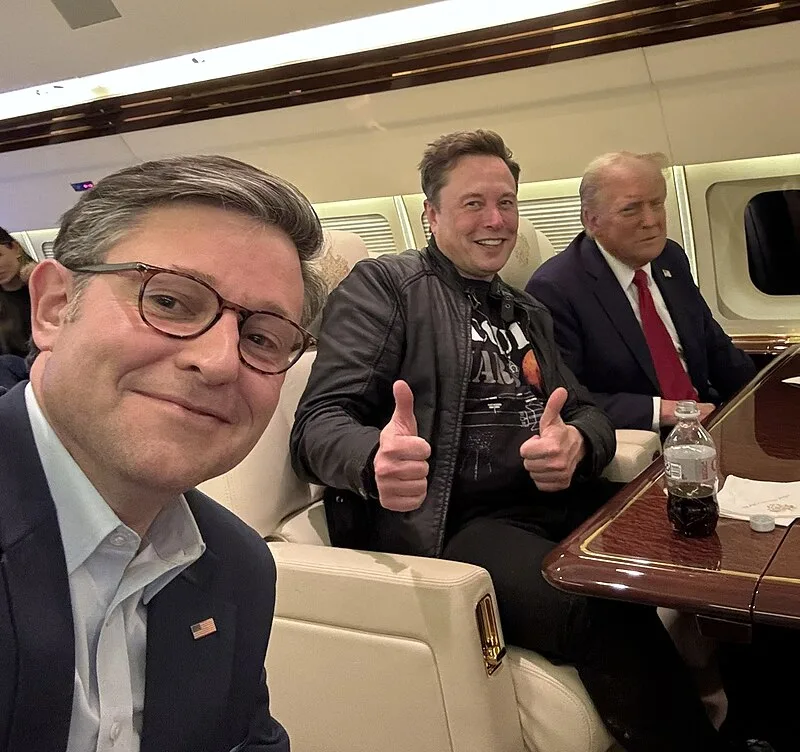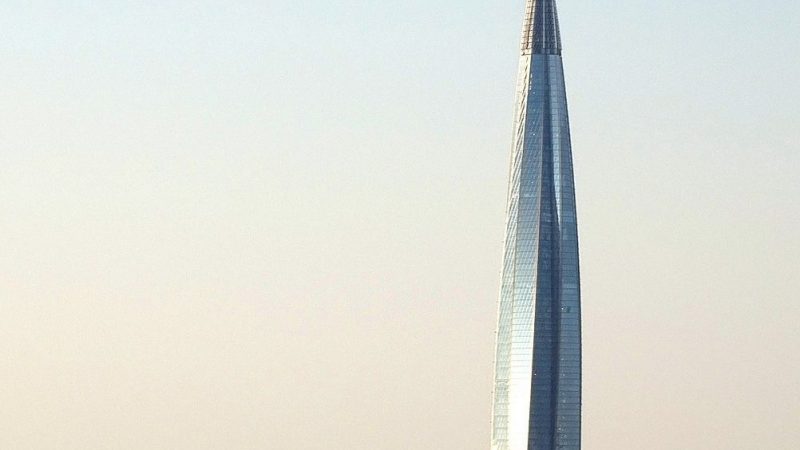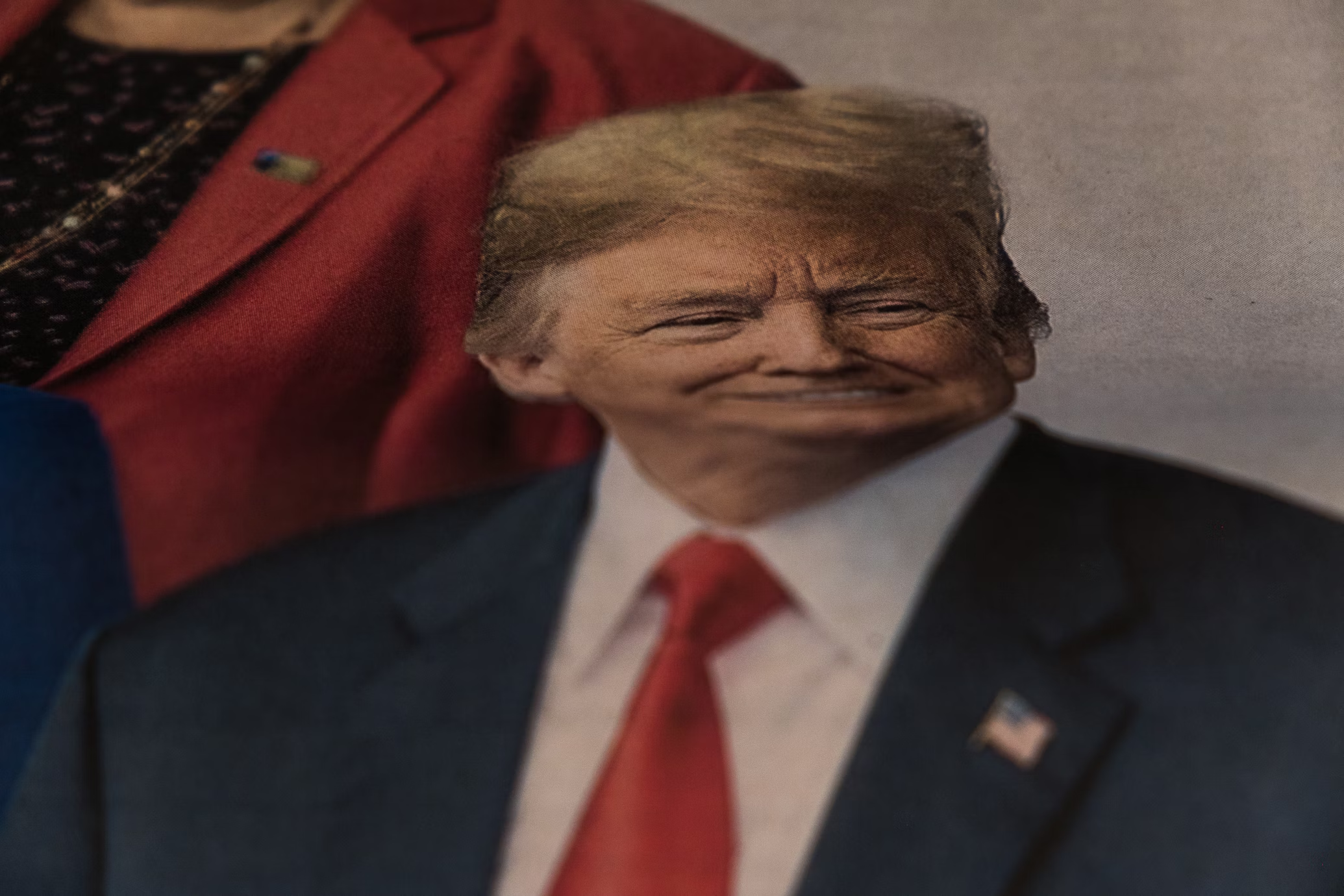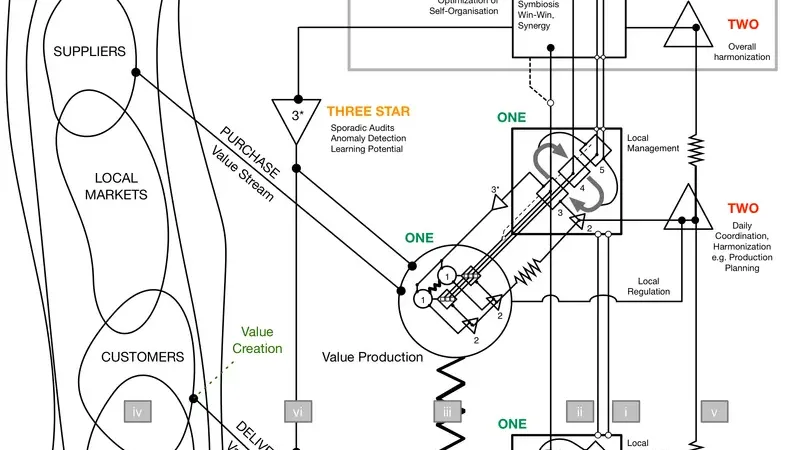President Trump or President Musk? A Billionaire’s Grip on Power

As President-elect Donald Trump gears up to take office on January 20, 2025, the spotlight is on an unlikely figure with an outsized role in shaping his administration: billionaire entrepreneur Elon Musk. Having contributed over $250 million to Trump’s campaign, Musk is now poised to head the newly created “Department of Government Efficiency” (aptly acronymized as D.O.G.E., after the meme). But behind the quirky name lies a serious power play, as Musk’s growing influence raises pressing questions about the intersection of wealth, politics, and democracy.
Musk’s Growing Role in Trump’s Inner Circle
Since Trump’s victory, Musk has become a near-constant presence at Mar-a-Lago, Trump’s private estate in Palm Beach, Florida. Reports suggest Musk is attending meetings, taking calls, and finalizing decisions alongside Trump, often acting like a shadow co-president. His proximity to the president-elect has alarmed many Republicans, some of whom fear Musk’s outsized influence is undermining traditional power structures within the party.
“It’s clear Musk isn’t just preparing for his official role—he’s already calling the shots,” said one Republican insider, who spoke on condition of anonymity. “He’s overstaying his welcome and ensuring Trump stays firmly under his radar.”
While Trump campaign spokespersons have lauded Musk as a “genius innovator who will help make America great again,” critics view his involvement as a thinly veiled attempt to advance his own business interests. Musk, the CEO of Tesla, SpaceX, and owner of social media platform X (formerly Twitter), has faced longstanding allegations of labor exploitation and questionable ethical practices. His presence in the administration has sparked fears that his corporate ambitions could steer federal policy in dangerous and self-serving directions.
A Billionaire’s Agenda
Musk’s $239 million campaign contribution through America PAC to Trump wasn’t a charitable gesture—it was an investment. With his companies operating at the forefront of cutting-edge technology, renewable energy, and space exploration, Musk stands to gain billions in government contracts, subsidies, and policy favoritism.
Observers have noted Musk’s aggressive use of his platform X to spread propaganda and shape public opinion, often amplifying narratives that align with his interests. His heavy-handed approach has earned him comparisons to oligarchs in authoritarian regimes, where wealth and power often dictate political outcomes.
“This is a dangerous precedent for American democracy,” said political analyst Dr. Sarah White. “When one billionaire wields this much influence over the president, it undermines the very foundation of representative government. Musk isn’t just shaping policy—he’s reshaping power dynamics in Washington.”
Bernie Sanders Sounds the Alarm
Senator Bernie Sanders, an outspoken critic of corporate influence in politics, recently referred to Trump as “President Elon Musk.” Speaking on the Senate floor, Sanders criticized Republicans for allowing Musk to “kill the government funding package” in pursuit of his own agenda. The bipartisan package, intended to fund critical government operations, faced significant hurdles amid Musk’s rumored interference.
“Are we really going to let a billionaire like Musk dictate the future of our democracy?” Sanders asked. “This is not governance. This is corporate capture.”
Implications for Democracy
The rise of figures like Musk in the political arena raises uncomfortable questions about the role of wealth in American politics. How much influence should one individual be allowed to exert over public policy? Can democracy thrive when billionaires effectively purchase seats at the decision-making table?
Critics warn that Musk’s role in Trump’s administration could blur the line between public service and private gain. As Musk positions himself as a kingmaker in Washington, many worry that his actions could erode public trust in democratic institutions.
Related: Trump’s War on Science: How Public Health & Environment Paid the Price
What’s Now?
Musk’s growing influence in Trump’s administration is a test case for the future of American democracy. Will voters hold their leaders accountable for allowing billionaires to infiltrate government decision-making? Or will the allure of innovation and wealth overshadow the risks of concentrated power?
For now, Musk seems firmly entrenched in Trump’s inner circle, shaping the agenda for the next four years. As the January 20 inauguration approaches, one thing is clear: Musk’s role in shaping America’s future is only just beginning.
What do you think about Musk’s growing influence in U.S. politics and his role in Trump’s second term? Share your thoughts in the comments below.






